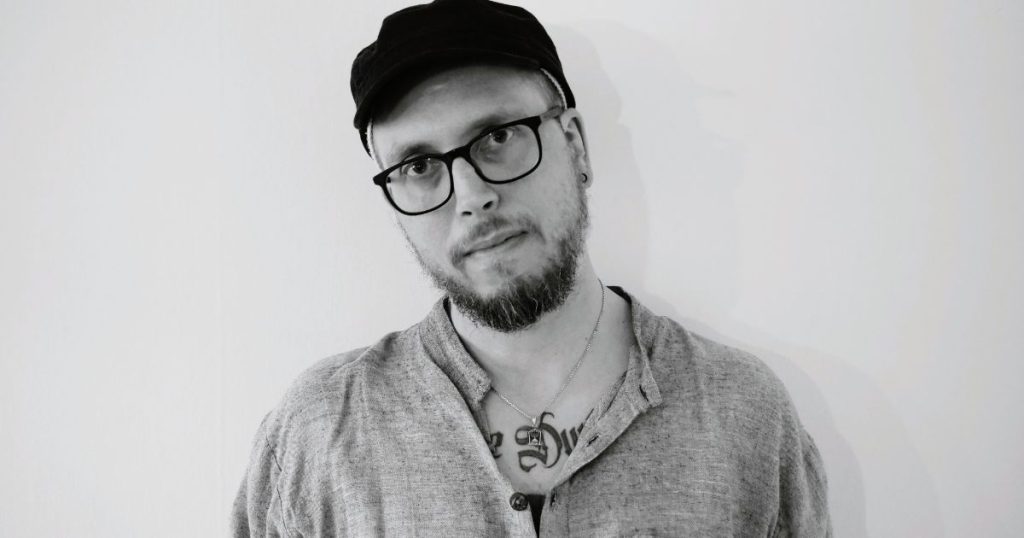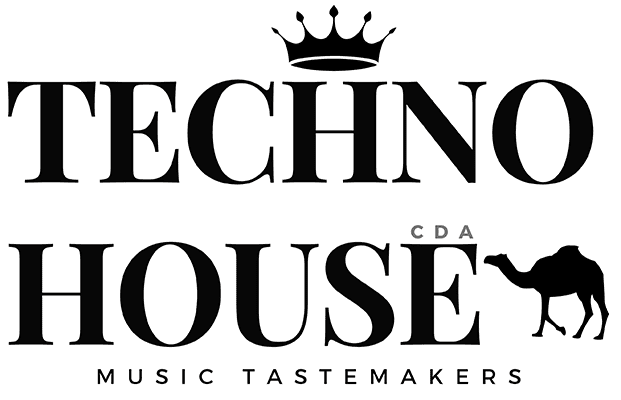

Kim Hesekiel Rosén
In a candid conversation with Hesekiel, we explore the depths of his musical journey, inspirations, and what drives his unique sound. Hesekiel, known for his eclectic blend of genres and profound storytelling through music, reflects on his evolution from hip-hop producer to instrumentalist crafting esoteric digital vibes.
“My music career has been a quest for authenticity and exploration,” Hesekiel shares. “It began with ‘Coffeeshop,’ a trip-hop project from 2005, and now, nearly two decades later, I feel compelled to follow it up. Before delving into ethno-techno and oriental house, I was deeply influenced by ’90s East Coast hip-hop, especially Wu-Tang Clan.”
His journey took a turn around 2010 when he collaborated with “spiritual-conspiracy-theorist-New Age-rappers,” an experience that pushed him towards instrumental music. “I wanted to create music that tells a story, something that resonates on a deeper level,” he explains. “For me, music is a spiritual experience, a way to process life and emotions.”
Hesekiel’s recent release, “By the River Kebar,” marks a significant chapter in his career. Inspired by his research on the Biblical Prophet Ezekiel during his Bachelor’s thesis, the album delves into themes of exile and personal transformation. “The Babylonian exile served as both a historical backdrop and a metaphorical journey through my own experiences,” Hesekiel reflects.
His collaboration with Cafe De Anatolia, a renowned curator of high-quality world music, is a testament to his growth and recognition in the industry. “Having their support for my debut album feels surreal,” he admits. “Their seal of approval on my music is incredibly gratifying.”
When asked about his musical style, Hesekiel describes it as “esoteric digital vibes in an Old TestaMENTAL atmosphere,” infused with influences ranging from Swedish/Jewish ethno-techno to gritty hip-hop roots. “My sound is distinctive due to its raw intensity,” he notes. “I aim for a sound that’s not overly polished but rather authentic and reflective of my journey.”
Reflecting on influences, Hesekiel draws inspiration from a diverse array of artists spanning genres and eras, from experimental pioneers like Einstürzende Neubauten to iconic figures such as Ennio Morricone and Massive Attack. “My influences challenge me to blend their essence into my digital creations,” he explains.
Despite his artistic vision, Hesekiel acknowledges the challenges of being a musician, particularly in balancing creative integrity with financial realities. “Last year, I earned minimal royalties but invested significantly in studio equipment,” he reveals. “It’s a constant struggle, but my dedication to music keeps me grounded.”
Looking ahead, Hesekiel reveals exciting plans for the future. “I’m currently developing ideas for my next album, exploring new sonic territories,” he shares. “Additionally, I’m preparing to remix some older tracks for an EP that will offer my take on desert-stoner-rock.”
Hesekiel’s journey is a testament to the transformative power of music and the pursuit of artistic authenticity. With “By the River Kebar” released under Cafe De Anatolia, he continues to carve out a unique space in the music industry, pushing boundaries and weaving narratives that resonate deeply with listeners worldwide.
Hesekiel – “By the River Kebar” released on 13.06.2024 via Cafe De Anatolia

